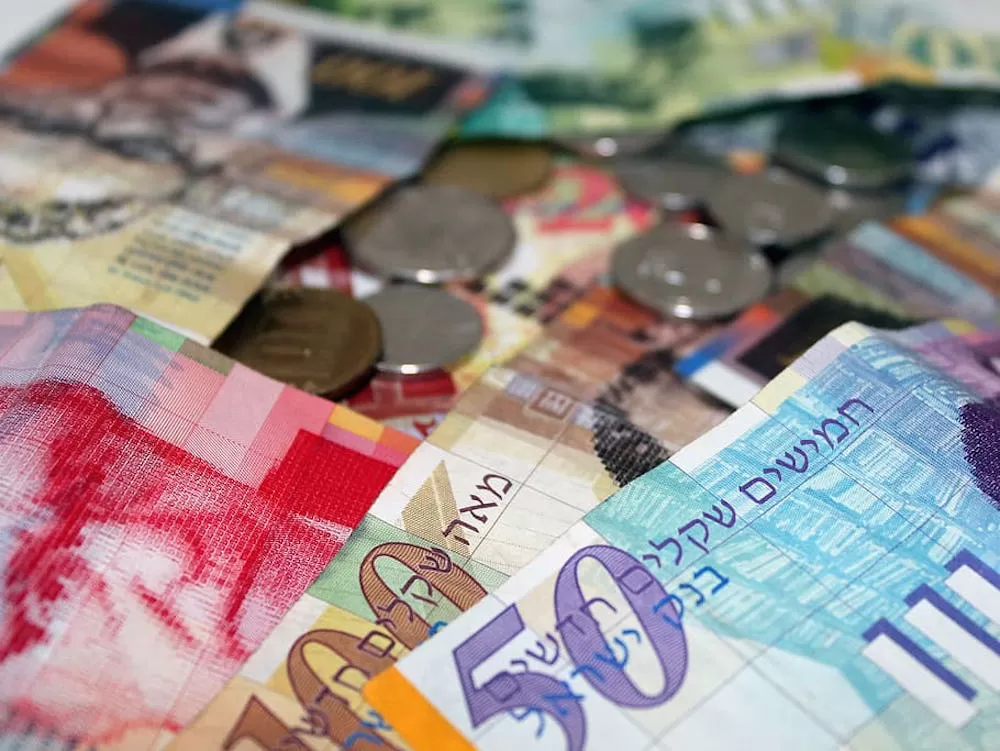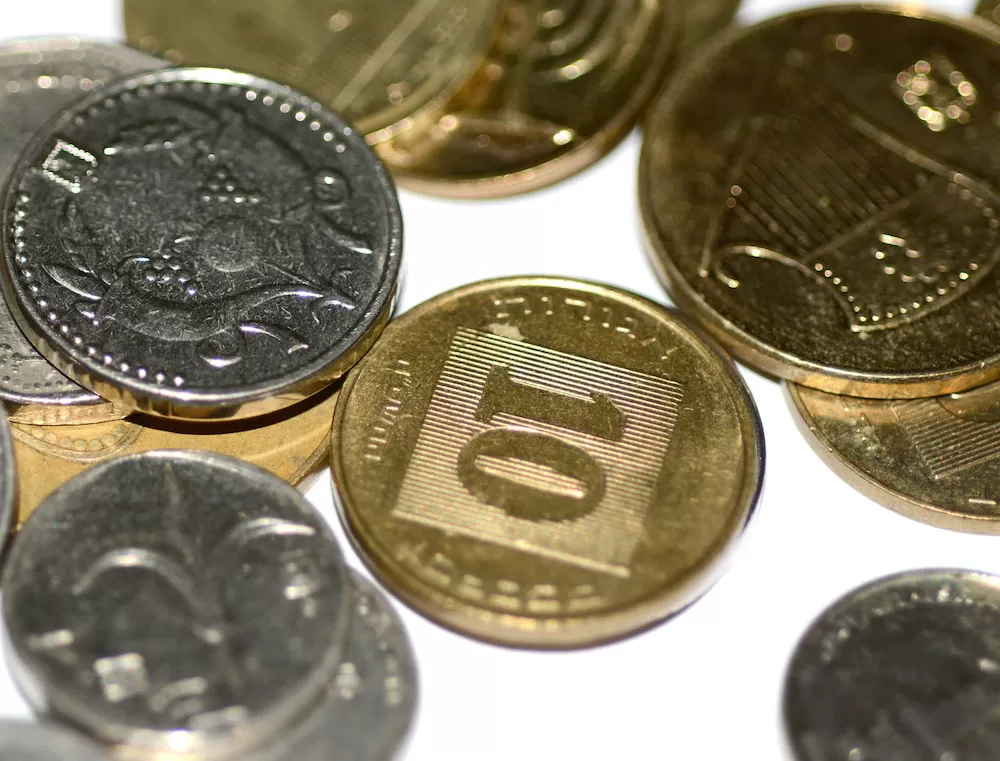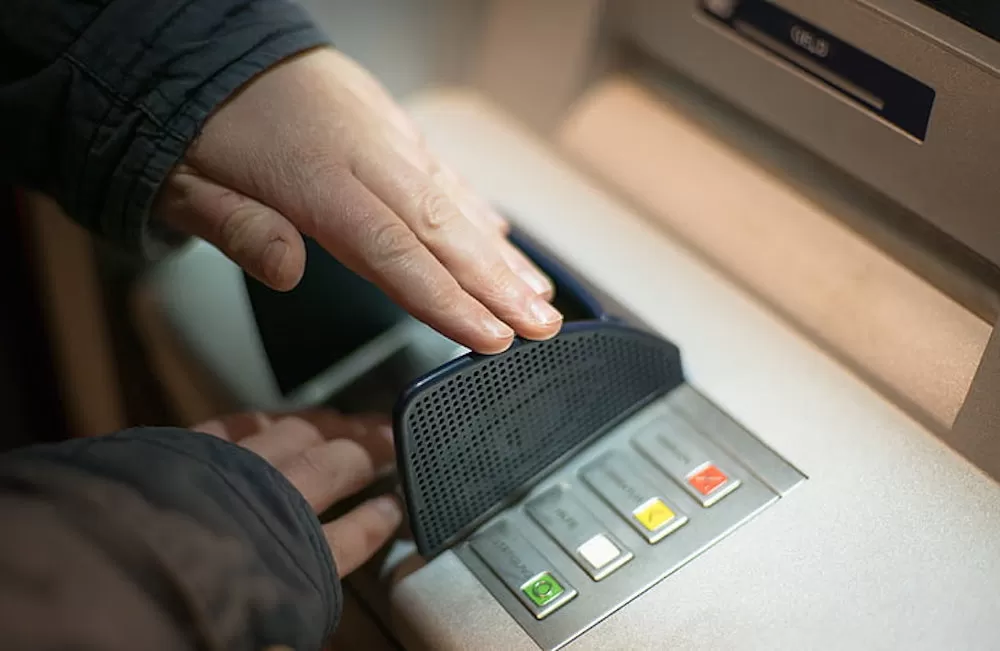
Now, you might think, "Only residents of Israel are allowed to open bank accounts here. Why should I need one if I'm only staying here temporarily?" Well, that's not exactly true. Unlike access to healthcare, non-residents are allowed to open their own local accounts in many Israeli banks. Your legal status in the country doesn't have anything to do with your qualifications in doing business with the financial institutions in the country. Not to mention the international banks that also operate here. All you really need are the right documents, some money for a deposit, and you're good to go.
Want further proof that you can open a local bank account in Israel? You can actually jumpstart your application process from abroad. All you need to do is to scan the required documents and send the files to the Israeli bank you chose. You might even need to go on a video call and that's the extent of it. By the time you land in Israel, you would have already activated your account and it's ready for use. If you do plan to go to the bank yourself to et your account, you don't need to set an appointment. Just walk in with your documents and you're good to start.

Similarly to finding a job in Israel, while speaking Hebrew isn't a requirement, it can help you a lot. Most especially if you're going for a local Israeli bank account. Unfortunately for many people, most local banks in the country speak Hebrew. Even their online platforms are written in the language. If you don't understand it, you're better off going for an international bank that operates here. Though do note that, more often than not, international banks charge higher banking fees than local institutions. Which is why you're probably better off speaking a bit of Hebrew and joining a local Israeli bank.
So, what exactly do you need to bring to an Israeli bank to set up an account with them? Well, the list includes your valid passport, another valid ID, your immigration papers (if possible), your social security number, and money for your initial deposit. For your other valid ID, any document with your photo and your signature will do. A few banks might also require you some proof of address, especially if you're going to open a residential account. For this, you can simply show your rental lease, utility bills, and the like. As long as you have these documents, you're good to go.

You also have to note that many Israeli banks and international banks that operate here charge many banking fees. The prices vary from bank to bank but the charges remain the same. For instance, you'll be charged with a monthly fee for all the months your account is active. Though they will only do so if there's minimal to no movement in your account for a long period of time. Also, whether you withdraw from the ATM machine if your bank or that of another bank, you will get charged for that. How much will depend on the amount you withdrew and if you used an ATM machine that's not from your bank.
As far as banks are concerned, international institutions that operate in Israel are often the best to choose. HSBC, Barclays, and Citibank are just some you can go for. At the very least, you can still access your account even when you return to your home country. As for the local banks, Hapoalim offers discounts to immigrants looking to set up an account. They also have a lot of branches and ATM machines across the country. Leumi, on the other hand, has a strong online platform and you can even set up your account on it yourself. While Mizrahi Tefahot has flexible customer service.

Managing your money in Israel is a lot easier if you have a local bank account here. Fortunately, the process of setting one up is fairly easy and the country has a lot of great options for you to choose from.
The better you handle your finances here, the more you can save to get that luxurious Israeli rental for your new home here!